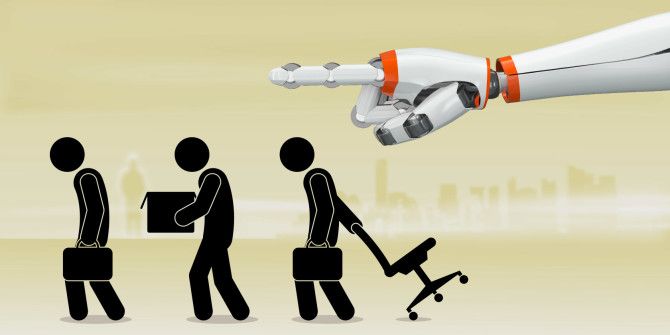GOOGLE ASSISTANT CAN NOW READ, REPLY TO YOUR MESSAGES FROM WHATSAPP, TELEGRAM, MORE
For a while now, Google Assistant has had the ability to read out your text messages aloud. But, this feature was only helpful for users who had all their important messages in the SMS inbox. Google Assistant did not support the same for third-party apps. Until now. As part of its latest update, Google Assistant will now be able to read your messages from third-party apps like WhatsApp, Telegram, Slack, and more. You will also be able to send a reply through the assistant to these apps. The read-aloud feature is particularly useful when you're driving, cooking or otherwise have your hands full. And with the latest update, you might not need to touch the phone to even check if your WhatsApp message needs an immediate response. Notably, Google hasn't announced this officially, however, the feature was noticed by many users of the Android community. This was first spotted by Android Police. But this also mean, that the feature might not be widely available righ...



Comments
Post a Comment